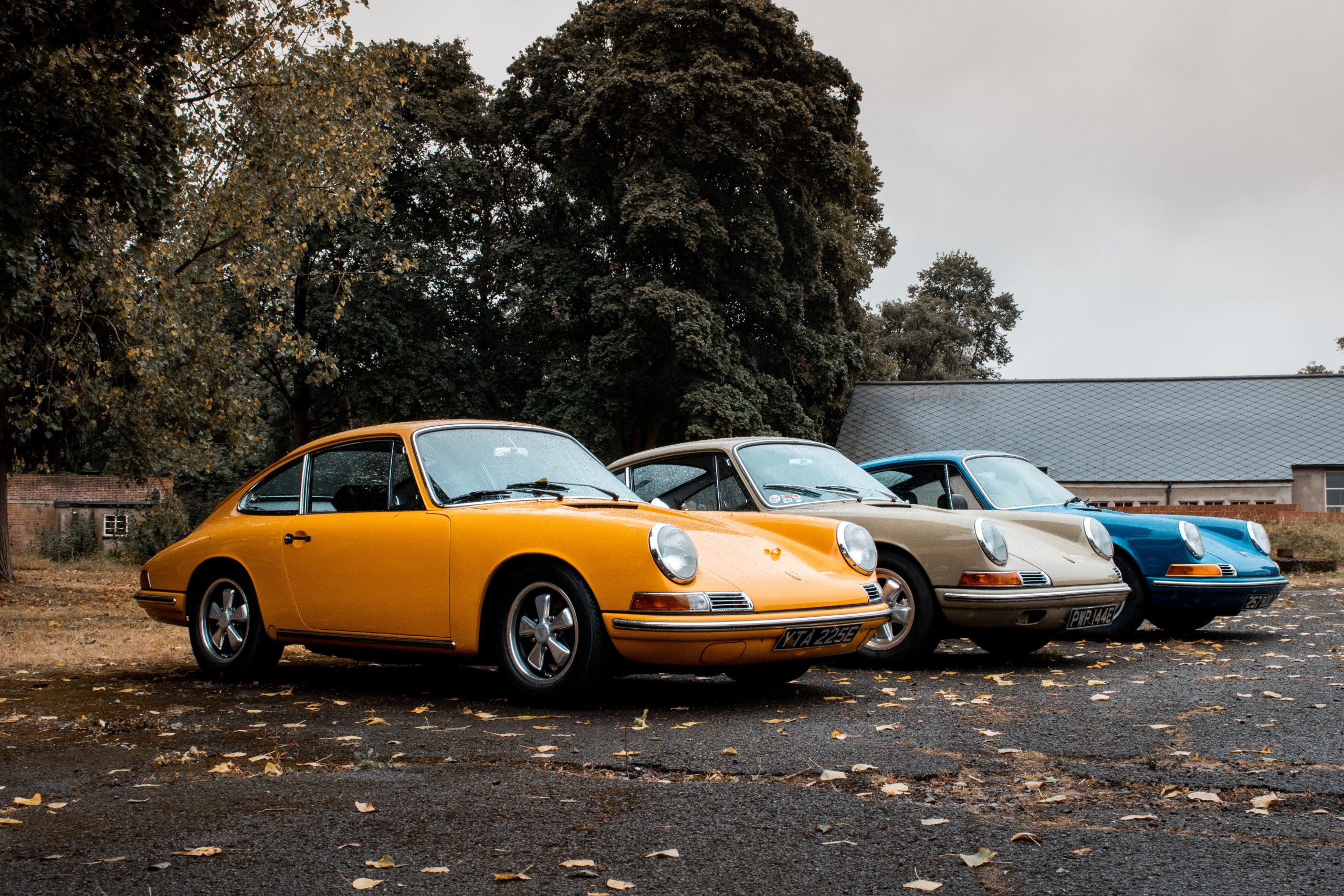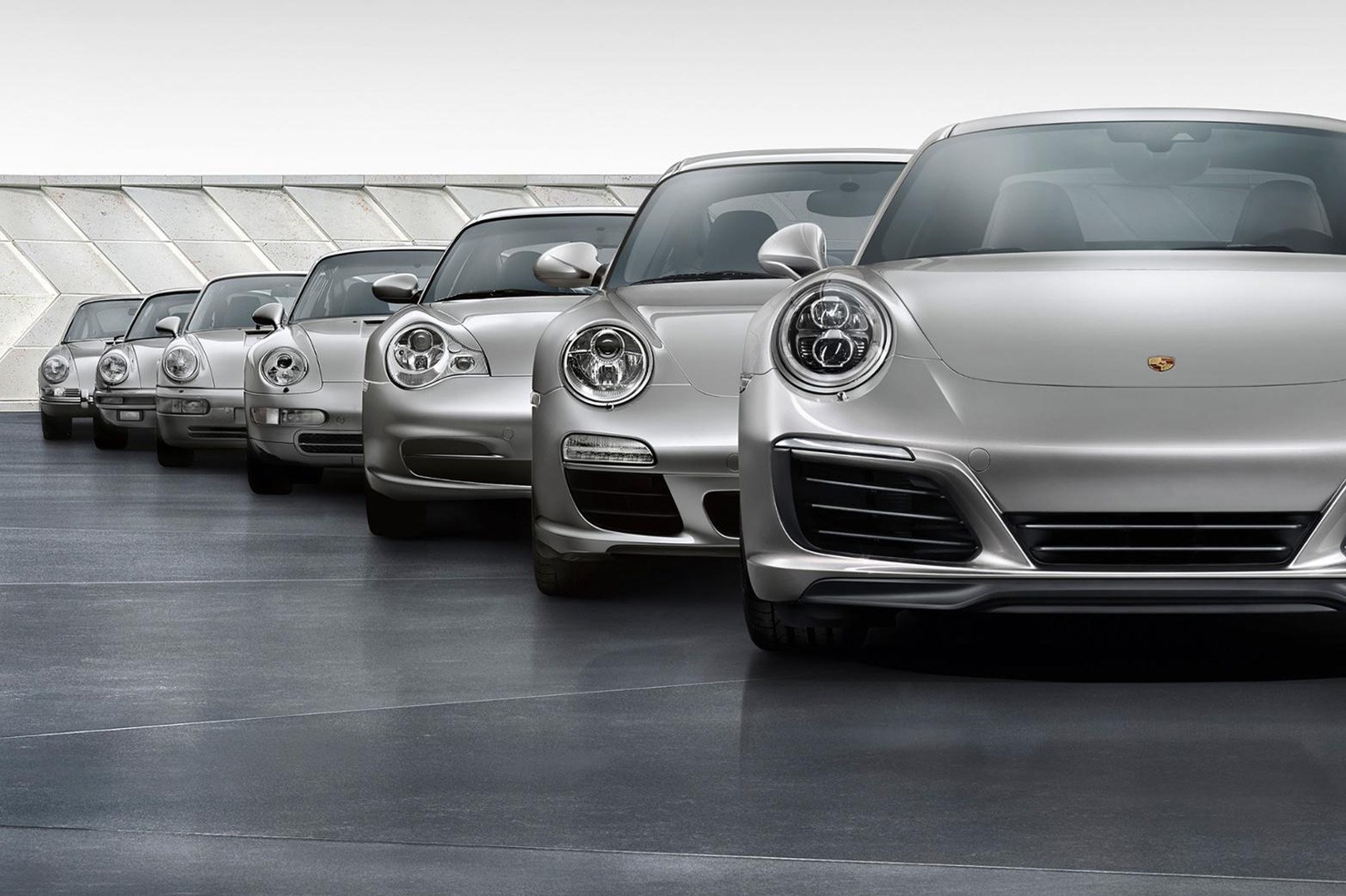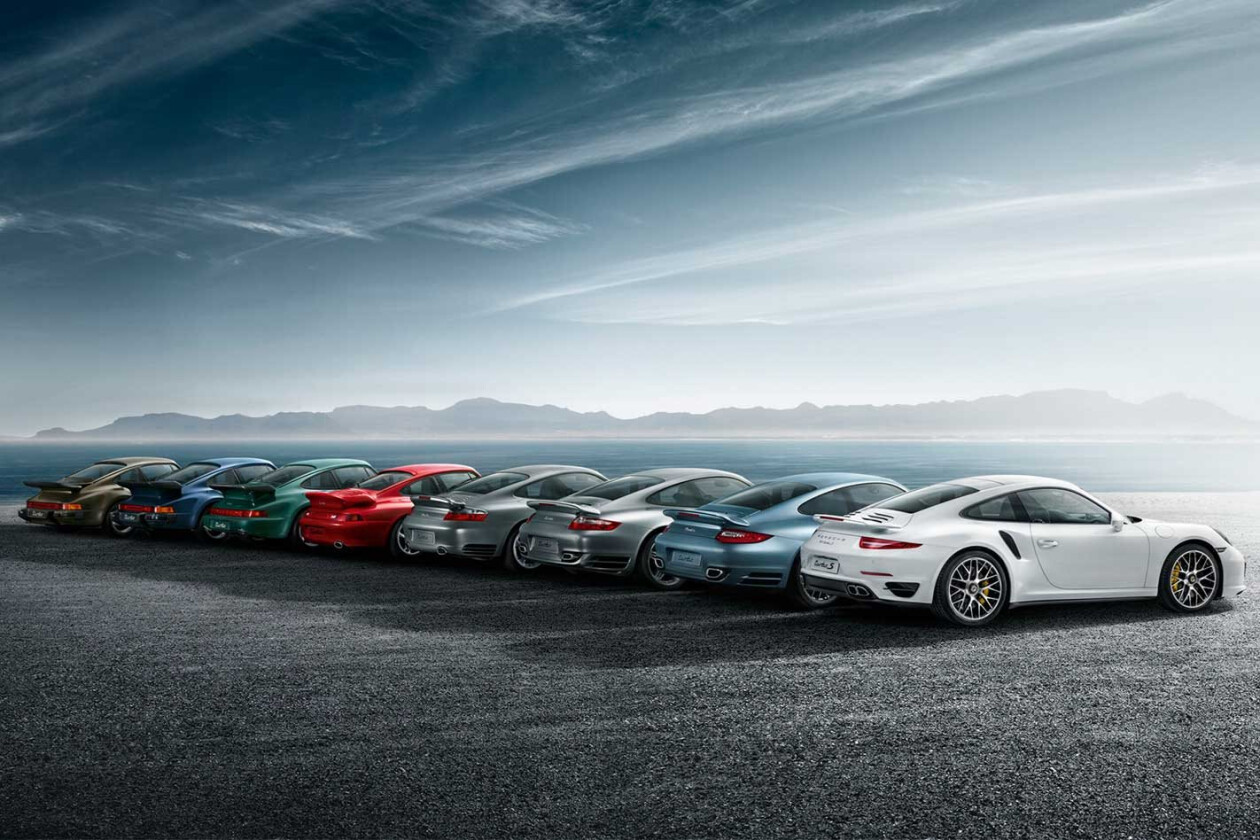Who Started Porsche? The Legacy Of Ferdinand Porsche
Share

When discussing the illustrious history of Porsche, one name universally surfaces: Ferdinand Porsche. Born on September 3, 1875, in Maffersdorf, Austria, Ferdinand was an engineer and automotive pioneer whose vision and ingenuity laid the foundation for one of the most iconic brands in the automotive world. But who actually started Porsche, and what contributions did Ferdinand make that would ultimately define the legacy of this renowned automobile manufacturer? Let’s dive deep into the history of Porsche and explore its origins.
The Early Years of Ferdinand Porsche
Ferdinand's fascination with mechanics began at an early age. After completing his education in engineering, he worked for various automotive companies, honing his skills and gaining invaluable experience. In 1900, he founded his own engineering company, the "Dr. Ing. h.c. Ferdinand Porsche GmbH," which specialized in vehicle development and consulting. This initial venture laid the groundwork for his later achievements in automotive design and helped him develop a reputation as a skilled engineer.

Porsche’s first major success came in collaboration with the famous automobile manufacturer, Lohner, to create the Lohner-Porsche Mixte, the world's first gasoline-electric hybrid vehicle. This innovation showcased Ferdinand’s visionary mindset and set the stage for his future accomplishments.
The Birth of Porsche as a Brand
After World War I, Ferdinand Porsche's engineering firm evolved, and he began working with various automotive manufacturers. However, the turning point in his career came in 1931 when he founded "Porsche Fahrzeugbau GmbH" in Stuttgart, Germany. This marked the official inception of the brand that we know today.
The company's initial focus was on vehicle development and design engineering, providing services to manufacturers like Volkswagen, which would later lead to the creation of one of the best-selling cars of all time—the Volkswagen Beetle.

The Iconic Porsche 356
The groundwork laid by Ferdinand Porsche paved the way for the brand's first and iconic car, the Porsche 356. Launched in 1948 by Ferdinand's son, Ferdinand "Ferry" Porsche, the 356 was designed as an agile sports car. Utilizing the Beetle’s chassis, Ferry crafted a lightweight vehicle focusing on handling and performance, echoing the engineering principles established by his father.
As the world's first production car with a rear-engine layout, the Porsche 356 rapidly gained popularity for its sleek design and impressive performance. This model not only marked Porsche’s entry into the sports car market but also set the tone for the brand’s future direction.
Challenges and Resilience
The post-war era brought numerous challenges, including political turmoil and economic instability in Europe. However, the Porsche family remained steadfast, pushing through adversity to establish a firm foothold in the competitive automotive industry. The brand’s commitment to engineering excellence and innovation resonated with sports car enthusiasts and collectors alike.
In 1951, Porsche introduced the 356 SL, which went on to win its first major race, cementing the brand's association with motorsports. The subsequent racing success solidified Porsche's status in the automotive world, and it became synonymous with performance and cutting-edge technology.

The Evolution of Porsche Models
As the years progressed, Porsche unveiled a series of models that further solidified its place in automotive history. The introduction of the legendary Porsche 911 in 1964, designed by Ferdinand "Butzi" Porsche, the grandson of Ferdinand Porsche, was a noteworthy moment. The 911 went on to become one of the most successful and recognizable sports cars of all time.
The 911's innovative design, potency, and timeless appeal contributed to its legendary status, and it is often regarded as the heart and soul of the Porsche brand. This model has undergone numerous iterations and improvements over the decades, yet it has retained its distinct character, showcasing Porsche’s dedication to performance and heritage.
The Future of Porsche
Today, Porsche continues to thrive under the guidance of the company’s principles established by Ferdinand Porsche. Its commitment to high-performance engineering and its passion for motorsports remain evident in every vehicle rolled off the assembly line. The introduction of the electric Taycan model signals the brand’s embrace of the future while respecting its storied past.
Porsche has also maintained its presence in competitive racing by participating in events like the 24 Hours of Le Mans, where it has enjoyed unprecedented success. This focus on racing not only reinforces the brand's sporting heritage but also drives innovation in its road cars, ensuring that each model reflects the engineering excellence that Ferdinand Porsche championed.
Conclusion
To answer the intriguing question of "who started Porsche," it's clear that Ferdinand Porsche's vision, ingenuity, and relentless pursuit of innovation truly shaped the automotive landscape. From the development of groundbreaking vehicles like the Lohner-Porsche Mixte to the enduring legacy of the Porsche 911, Ferdinand's original blueprint has continued to guide the brand through nearly a century of remarkable achievements.
Porsche remains a testament to the power of vision and engineering, and the commitment to quality and performance that started with Ferdinand Porsche endures in every car produced. As we look to the future, it’s undeniable that the spirit of Ferdinand Porsche will continue to influence the brand, ensuring it remains at the forefront of automotive excellence.
